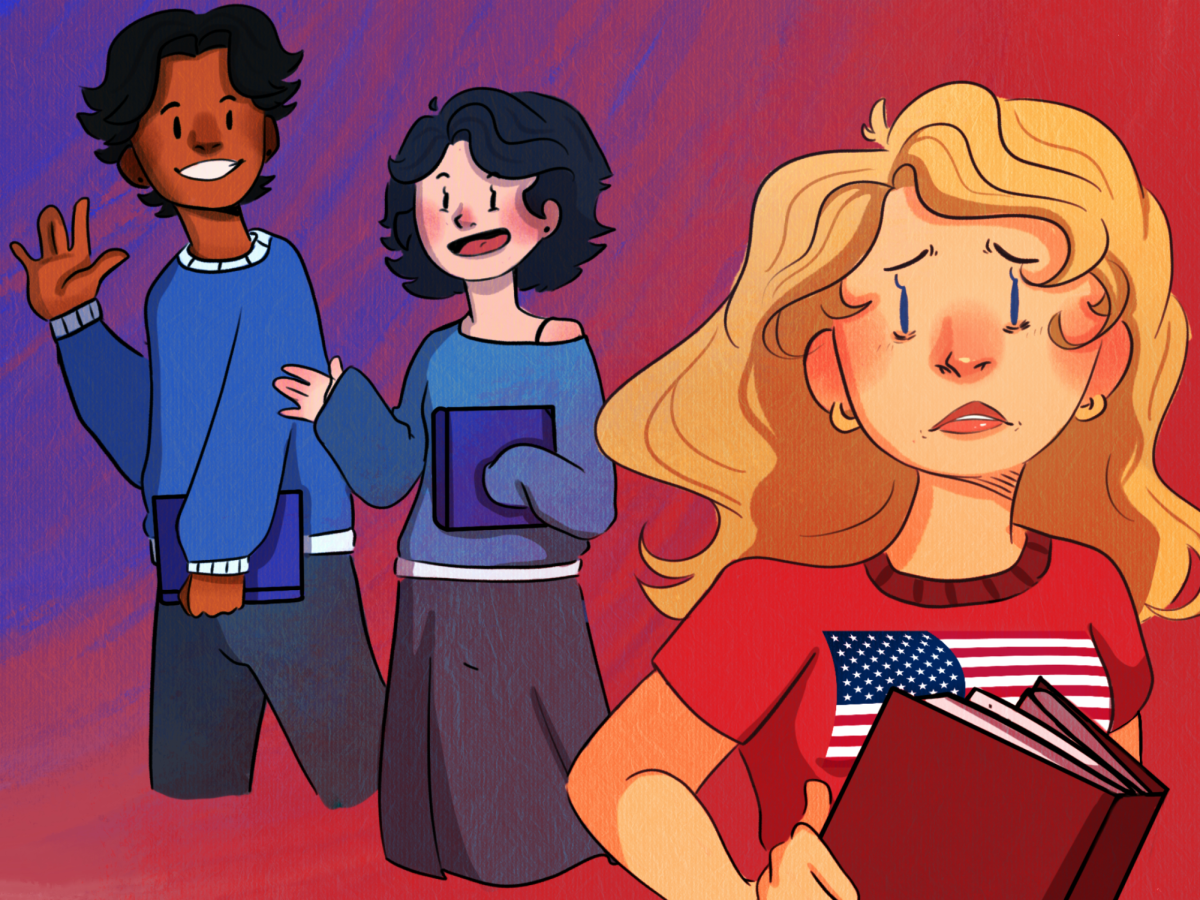It’s Friday ni-i-ight
In an increasingly competitive job market, it seems that internships are becoming an essential facet of every qualified candidate’s résumé. As such, college students, as well as a number of recent college graduates, are jumping at the chance to take advantage of the ever−growing number of unpaid internships offered. Recently, however, there have been questions raised about the legality of certain unpaid internships, specifically whether interns are being treated more as free labor as opposed to being given the learning experience and training that internships are supposed to offer.
For an internship to be unpaid, it must comply with the conditions of the Fair Labor Standards Act (FLSA), which includes the stipulations that the employer gains no immediate advantage from the work of the unpaid intern (or “”trainee””), that the trainee does not “”displace regular employees,”” that “”the training is for the benefit of the trainee”” and that the aforementioned training is akin to the type of education one would receive in a vocational school or a formal academic setting. If the internship fails to meet these regulations, it is required that the business pay the intern at least minimum wage for his or her work.
With these guidelines in mind, it is not hard to see how some internships, especially ones in which interns spend more time doing menial labor than learning the ropes of their chosen profession, are pushing the boundary between unpaid, résumé−building experience and exploitation. Especially in light of the country’s current economic state, it is tempting for companies to take advantage of unpaid interns, and young future professionals in today’s job market often feel that they have little choice but to accept these internships to bolster their work experience.
Under the current system, some companies have increasingly begun to see interns not as future professionals in search of training but as a source of free labor to fill menial jobs that offer little insight into the professional world many interns are hoping to break into. This not only means that interns are not receiving any training that would help them to gain valuable skills that would assist them in the working world, as is required by FLSA, but also that their work is of immediate advantage to their employer, often at the expense of any meaningful training. Indeed, in a recent New York Times article, some students reported having supposedly competitive internships end up looking more like janitorial work than hands−on learning.
As long as companies continue to offer unpaid internships as a way of filling their lowest positions, students will continue to jump at the chance to bolster their résumés, despite the unfavorable work conditions and the questionable level of experience gained, because it has become assumed that the unpaid internship is an acceptable institution. While some states, like California and Oregon, have already begun to prosecute and fine employers who violate the laws surrounding unpaid internships, more needs to be done to ensure that students and recent graduates do not fall prey to companies in search of free labor. As companies cannot be expected to follow these guidelines if they are not properly enforced, it is necessary that a third party intervene. If the government required that companies submit some form of training plan or outline for their internship positions to either a state or federal agency, as well as enforced more strictly the FLSA regulations already in place, it would help to lessen the number of college students who spend their summers in unfair, unpaid internship programs.
—””Internships not an excuse for unpaid labor,”” The Tufts Daily editorial board, April 5
The check is in the mail
Neither rain, nor snow, nor sleet, nor hail may stop the Postal Service, but perhaps the economy? Mail may soon be a day — or two — slower. The U.S. Postal Service announced, paradoxically via e-mail, that it plans to cut Saturday mail delivery, a move that may further delay its delivery of snail mail. Yet as much as we have been accustomed to instant messengers that barely cost us a second or two, the Postal Service would do wrong by further pulling out of a sector that, before e-mail, was long ruled by it and only it.
In addition to the agony of waiting another two days to receive our mail, there is another detriment to the loss of Saturday mail. We, as college students, are certainly busy on weekdays — classes, sports or student-run newspapers. Therefore, if it were only possible to pick up mail on those days, our schedules would only be more packed. It seems then that Saturdays are our only partially free days.
If to not selfishly focus on our petty student problems, there still are those who solely rely on the mail. While perhaps in another 50 years everyone in society may be completely able to use e-mail, there are still older generations now that cannot. Mail is therefore their only opportunity, and logically so, to keep up with everything from bills to postcards. Another day lost, then, would only put these people at a disadvantage.
We must also disagree with the weak financial explanations behind USPS’s reasoning. The Postal Regulatory Commission has estimated that this move would save a measly $1.9 billion. According to Newsweek though, the agency is projected to lose nearly $23 billion a year for the next decade. The projected savings then are simply several grains of sand in a pit of ongoing losses.
This move then is fundamentally and fiscally wrong, or unplanned to say the least. With the ever-proliferating e-mail system and instant electronic methods of communication, USPS should focus on improving its ways, rather than slowing them. And while perhaps we may be romanticizing of postcards from Paris or letters from our friends in the Far East reaching us sooner, the detriments of cutting Saturday mail delivery are more than obvious. When one of the oldest government agencies goes under, or at least cuts services in such a way, there is no hope for any strong government division. It may be a dreary picture for the Postal Service as of now, but if neither rain nor snow stops the mail on weekdays, why should it stop it on Saturdays?
—””Snail mail slows down,”” The Rutgers Daily Targum editorial board, April 4








